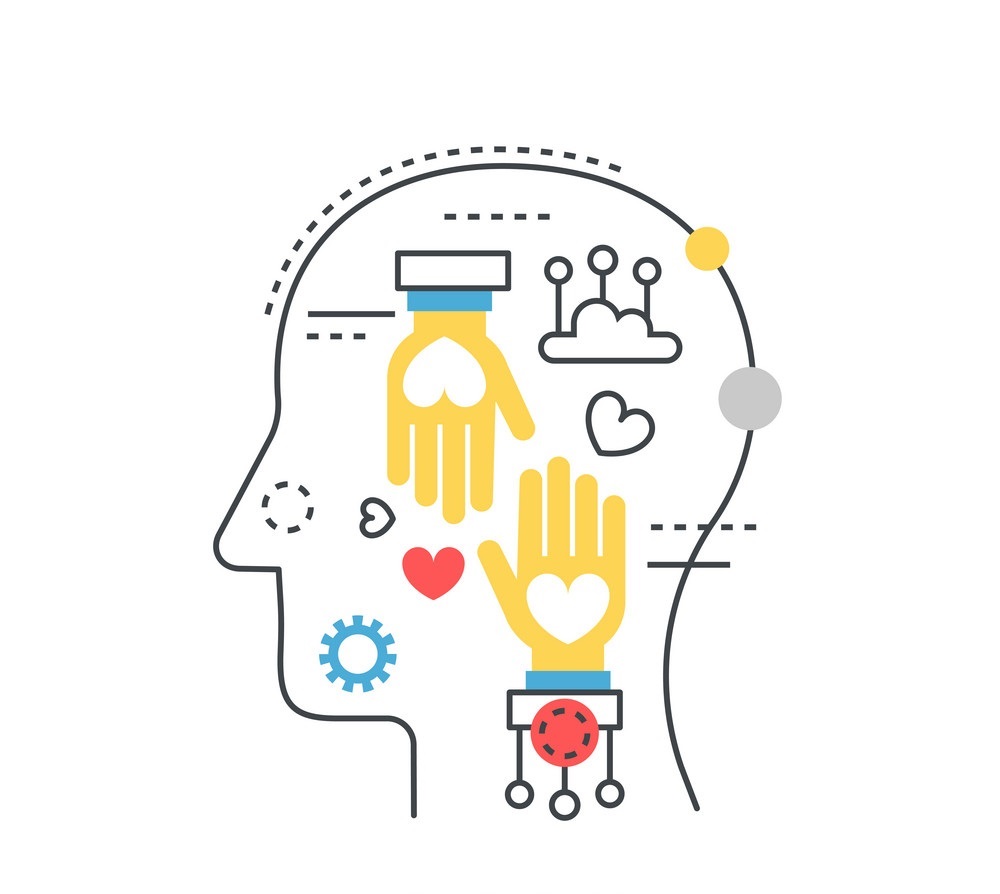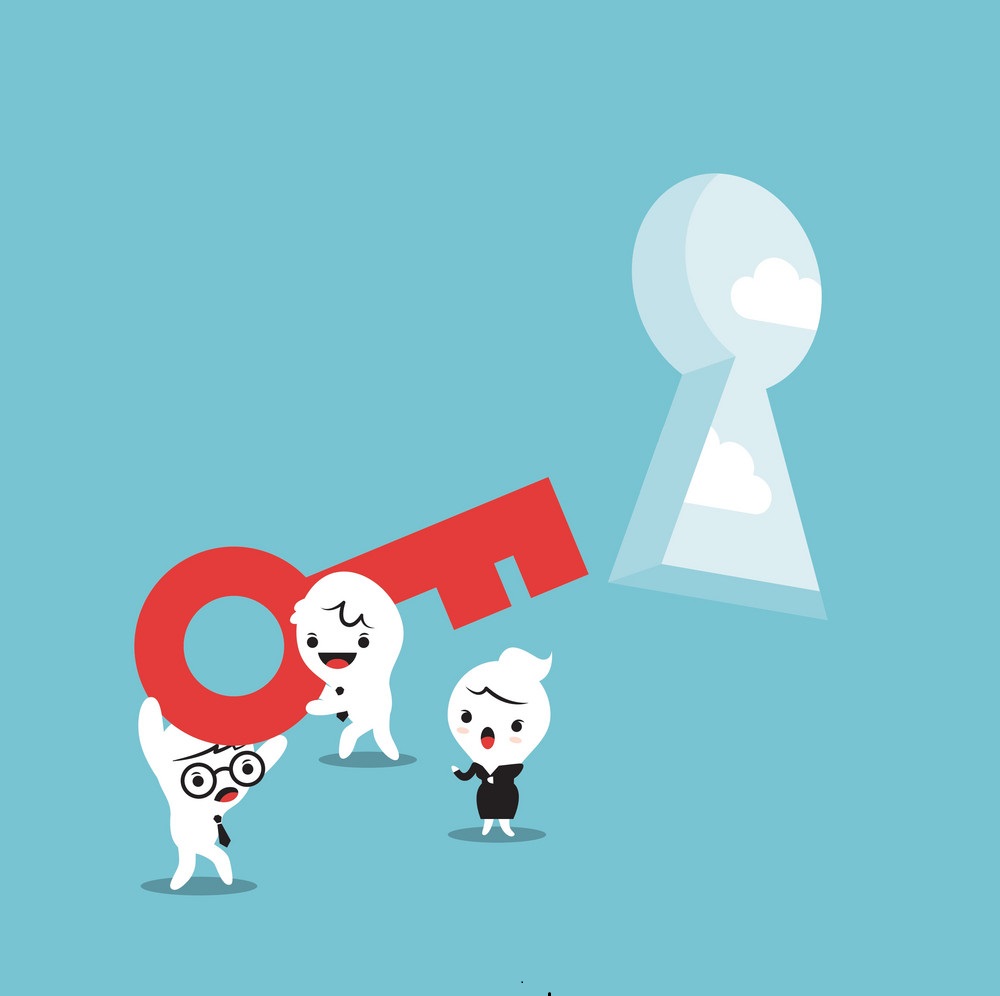Top Interpersonal Skills That Employers Value
Did you know that over 60% of employers report that applicants do not present their interpersonal skills well in their applications or during interviews?
Learn what interpersonal skills are and why they are important in the workplace. The article lists 10 important interpersonal skills that you must develop to make yourself more employable.
What Are Interpersonal Skills?
Interpersonal skills are skills that a person requires to interact, communicate, and work with other individuals or groups. A person’s personal and professional relationships depend on interpersonal skills; hence, employers increasingly look out for professionals with strong interpersonal skills.
It’s important to emphasize your interpersonal skills in your cover letter and resume. In addition, there must be consistency, and examples must support these statements during job interviews.
Let us check out the most important interpersonal skills that will help you develop a good relationship with colleagues and be successful in the workplace and impress your potential employers.
Best-suited Business & Management Studies courses for you
Learn Business & Management Studies with these high-rated online courses
Types of Interpersonal Skills
- Verbal and Non-verbal Communication
- Conflict Management
- Empathy
- Leadership
- Active Listening
- Constructive Criticism
- Negotiation
- Positive Attitude
- Problem-Solving
- Teamwork
Verbal and Non-Verbal Communication
Communication is the most critical soft skill. Knowing how to express your opinions firmly, convey complex information, and explain clearly are especially valued in work environments. Whether it is oral or written communication, this soft skill will allow you to connect with your co-workers and enhance your professional performance.
In addition to verbal communication, which involves all spoken language, you must also develop your skills for non-verbal communication, which consists of gestures, body language, etc. Everything influences the effectiveness of the message you are transmitting and impacts the perception of the person you are conversing with.


Non-verbal communication techniques
- Avoid mindless, anxious tapping of your fingers or feet
- Do not keep touching your face and hair
- Modulate the tone of voice to highlight emphasis in the message
- Avoid looking at the phone while talking to someone or in meetings
- Make eye contact while making conversations
Related Read – Popular Soft Skills Training Required For Managers
Conflict Management
Whether you are a manager or employee, you will likely have to resolve conflicts at work at some point. This could involve resolving an issue between two staff members, between you and a colleague, or between a client and your company. You need to have a neutral standpoint, listen fairly to both parties and use creative problem-solving to reach a solution.
Some noteworthy conflict management styles are collaboration, assertiveness, negotiation, accommodation, and compromise. Note that well-managed conflict can be constructive and help resolve workplace tension.
Empathy
Empathy is the ability to put oneself in another’s shoes to understand their position. It’s an essential soft skill that will help you get along with everyone in the workplace.
It does not matter at what level you are working; understanding and showing empathy for others can help you develop better relationships at work. If a client or colleague calls with a complaint, for example, listen carefully to the person’s concerns and express compassion for their problem. Some simple examples are –
- Remembering people’s names
- Understand the issues faced by colleagues
- Offering constructive feedback
- Being curious about the lives and interests of teammates


Leadership
It is vital to have experience and leadership skills, regardless of your position. Leadership requires motivating and encouraging others and helping a team succeed.
Qualities of a good leader
- Ability to assume responsibilities
- Skills to develop interpersonal relationships
- Ability to teach and mentor
- Problem-solving
- Intelligent mediation in conflicts
Boost Your Leadership Skills with the Initiative Principle of Management


Active Listening
The importance of interpersonal skills begins with the recognition of the other. In a work environment, the skill of active listening involves focusing your attention on what a boss, a co-worker, or an employee is saying.
If you practice active listening correctly, you understand each word and message with the meaning that your interlocutor wanted to give it. You do not misunderstand or make assumptions that could alter the information or content of the conversation.
The most crucial thing is staying present without annoying interruptions while the other is talking.
Active listening is one of the most valuable skills in job interviews, performance reviews, and team discussions.
Examples of active listening techniques
- Ask specific questions.
- Use short positive statements like “That’s right” or “I get it.”
- Show concern.
- Practice paraphrasing to show understanding.
- Use nonverbal language, such as nodding your head or making eye contact.
Difference Between Active Listening and Passive Listening
Constructive Criticism
Another excellent example of interpersonal skills is constructive criticism. Knowing how to offer positive feedback at the right time and place significantly impacts work relationships and teamwork. If you lead a department or company, it’s not about pointing out your employees’ mistakes or holding them personally responsible for some unfulfilled task. It is about dealing with the situation calmly by telling the person what went wrong and how it can be improved. Start by actively listening to their reasons, clearly communicating what you see as possible reasons for the error, and offering an open dialogue with possible solutions.
Do not get scared of conveying criticism to your team members; on the contrary, these opportunities can improve your leadership quality.


Negotiation
Negotiation is an essential soft skill for many positions. Depending on the specific job, it may involve creating formal agreements or contracts between clients, inter-department discussions, or helping colleagues solve a problem and determine a solution. To be a good negotiator, you must be a good listener, use creative problem-solving, and arrive at a result that satisfies everyone.
Negotiation techniques in the work environment –
- Don’t think in win-lose terms
- Do not make presumptions: explain assertively
- Do not threaten directly or indirectly
- Show empathy by putting yourself in the other person’s shoes
- View the negotiation as an opportunity for collaboration
Must Explore- Negotiation Courses
Positive Attitude
Employers seek to hire employees who make the office more productive and humane, so they seek to form teams with people with friendly and positive attitudes. This does not mean that you must be the most friendly person in the office, but you must be willing to develop positive relationships with your colleagues.
Some examples of a positive attitude are –
- Being kind and compassionate towards others
- Not taking things personally
- Being happy for others’ success
- Be enthusiastic
- Manage rejection

Problem-Solving
Problem-solving is a crucial interpersonal skill in every job role. This skill helps you recognize a problem, understand why it was triggered, and resolve it.
How to solve problems at the workplace –
- Analyze the causes of the situation
- Design a series of alternative routes to deal with the problem
- Evaluate and choose the best solution
- Write and execute a plan
- Rate the results and assess what can be improved
Teamwork
Teamwork implies a series of soft skills already mentioned: you must be able to listen to others, communicate your objectives, motivate your team and resolve conflicts that may arise. So even if your duties are pretty independent, you must be able to collaborate with others.
Recommendations for teamwork
- Clarify the roles of each team member.
- Manage time equitably.
- Establish rules and purposes.
- Avoid complaints and claims.
- Share enthusiasm and positive thinking.
Conclusion
Before going to any job interview, review the job description and list the skills the employer is looking for. Now, proceed to make connections between the employer’s needs, your soft skills, and your technical capabilities. Add relevant interpersonal skills to your resume and, if possible, the cover letter. In your resume, include examples of how you used your soft skills at work to resolve conflicts and solve organisational problems. Remember to focus on what you have achieved by using these skills.
Example 1: My ability to motivate the people I manage demonstrates how I meet and exceed deadlines without burning out my team.
Example 2: My leadership skills helped my team increase sales by 10% in the last quarter.
You may be asked to discuss your interpersonal skills during your interview, so prepare. Remember, actions speak louder than words, so the interviewer will want to ensure you successfully incorporate all the traits you claim to have. For example, emphasising how your negotiation skills helped your department bag a new sales lead would help the interviewer understand your skills.
Similar to your cover letter and resume, provide an anecdote about a time you demonstrated a particular soft skill in the workplace and how you used this skill to add value to the company.
FAQs - Interpersonal Skills
Why are interpersonal skills important?
Interpersonal skills are crucial for success in both personal and professional settings. Strong interpersonal skills enable individuals to build positive relationships, collaborate effectively, navigate conflict constructively, and achieve common goals. In the workplace, interpersonal skills are often considered as important as technical skills, as they contribute to a positive work environment, increased productivity, and overall organizational success.
How can I assess my interpersonal skills?
Self-assessment is an important step in identifying areas for improvement in your interpersonal skills. Consider your strengths and weaknesses in areas such as communication, empathy, conflict resolution, and teamwork. Seek feedback from colleagues, friends, or family members to gain a more objective perspective on your interpersonal skills.
How can I improve my interpersonal skills?
There are numerous ways to enhance your interpersonal skills:
- Practice active listening: Pay attention to verbal and nonverbal cues, ask clarifying questions, and avoid interrupting.
- Develop empathy: Seek to understand the perspectives and feelings of others, putting yourself in their shoes.
- Communicate effectively: Be clear, concise, and respectful in your communication, both verbally and in writing.
- Strengthen your conflict resolution skills: Practice negotiating and mediating conflicts, seeking common ground and mutually agreeable solutions.
- Enhance your teamwork skills: Collaborate effectively with others, share ideas, and contribute to a positive team environment.

Rashmi is a postgraduate in Biotechnology with a flair for research-oriented work and has an experience of over 13 years in content creation and social media handling. She has a diversified writing portfolio and aim... Read Full Bio












